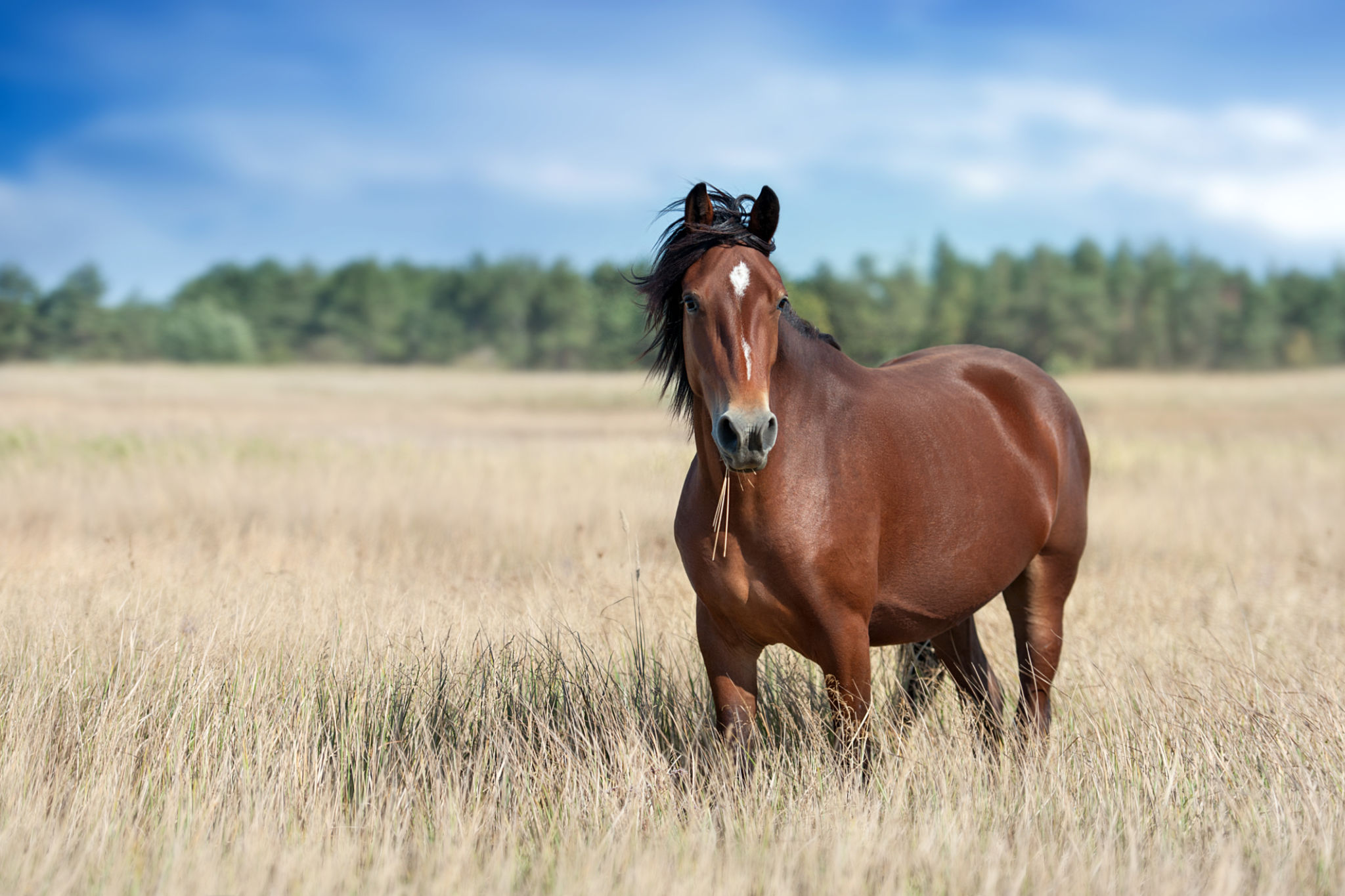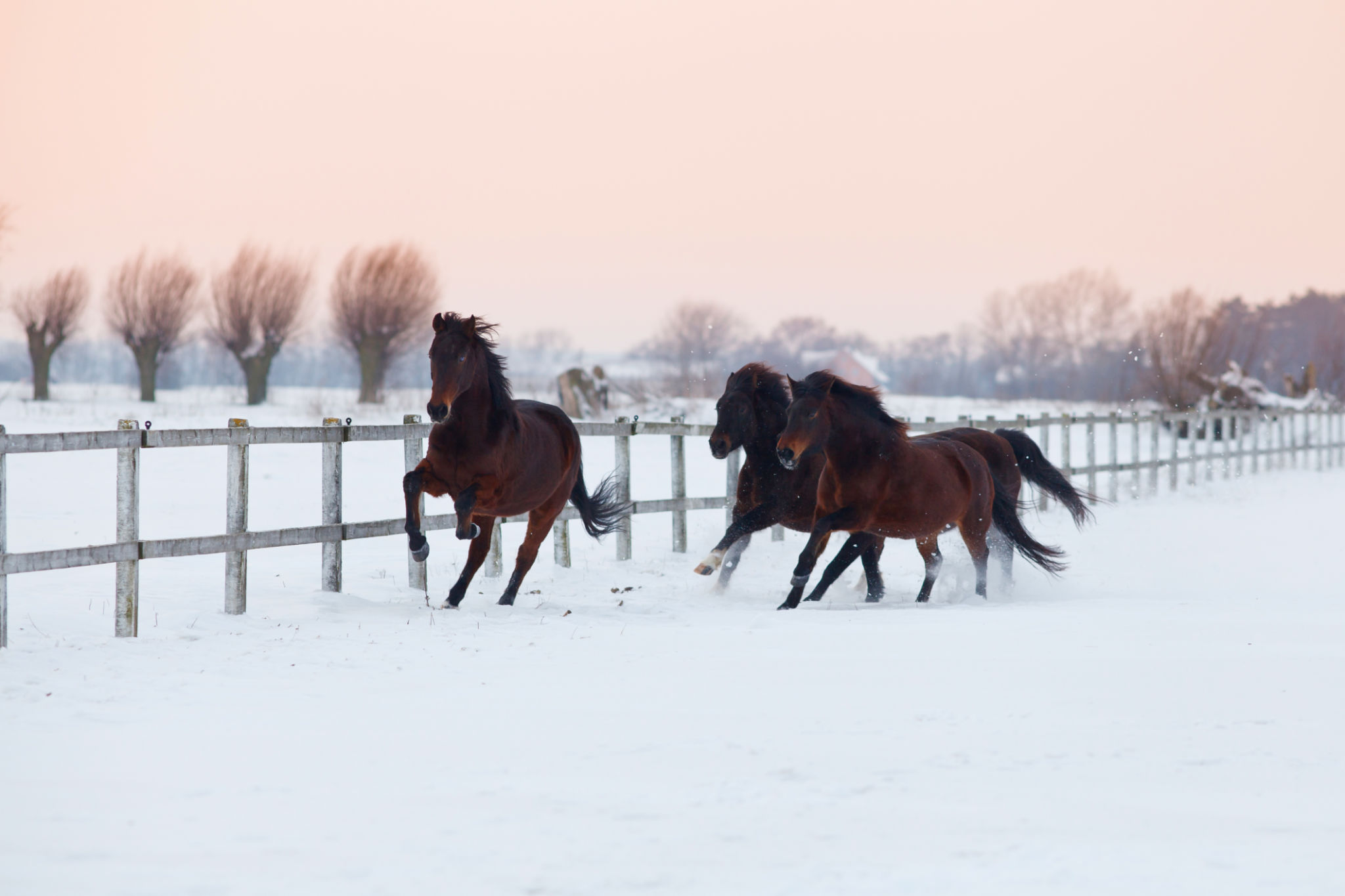Seasonal Care Tips for Your Horses: A Groveton Perspective
Understanding Seasonal Changes and Their Impact
Caring for horses in Groveton requires a keen understanding of the distinct seasonal changes that occur each year. As the weather transitions from one season to another, the needs of your horses will change. It's crucial to adapt your care routine to ensure they remain healthy and comfortable throughout the year.
In Groveton, seasonal shifts can be quite dramatic, with hot, humid summers and cold, snowy winters. Each season presents unique challenges and opportunities for horse care. By understanding these, you can better prepare your stable and your horses for what's to come.

Spring: Shedding and Nutrition
Spring is a time of renewal and growth. For horses, this means shedding their winter coats. Regular grooming during this period not only helps remove excess hair but also stimulates skin oils that promote a healthy coat. Consider using a shedding blade or curry comb to make the process more efficient.
As pastures begin to grow, it's important to gradually introduce your horses to lush grasses. Sudden changes in diet can lead to digestive issues. Start with short grazing sessions and gradually increase their time on pasture. Additionally, ensure their diet is balanced with appropriate supplements if necessary.
Summer: Hydration and Insect Control
The hot and humid Groveton summers can be taxing on your horses. Ensuring they have access to fresh, clean water at all times is paramount. Horses can drink anywhere from 5 to 10 gallons of water per day, especially in warmer weather.
Insect control is another significant concern during summer. Flies, mosquitoes, and other pests can cause discomfort and transmit diseases. Use fly masks, repellents, and consider installing fans in the barn to keep these pests at bay.

Fall: Preparing for Winter
As temperatures cool and leaves begin to fall, it's time to prepare your horses for the colder months ahead. Start by gradually transitioning their diet from lush summer pastures to hay. This helps prevent digestive upsets as their nutritional needs shift.
Check and update your horses' vaccinations and deworming schedules before winter sets in. This ensures they are in optimal health to withstand the colder weather. Additionally, assess their shelter and make necessary repairs or improvements to keep them warm and dry.
Winter: Shelter and Warmth
Winter in Groveton can be harsh, with cold temperatures and snow. Providing adequate shelter is essential for keeping your horses warm. A well-ventilated barn with plenty of dry bedding can help shield them from the elements.
Horses generate body heat by digesting hay, so ensure they have ample access to quality forage throughout the day. It's also crucial to regularly check water sources to prevent freezing, as dehydration can quickly become a problem in winter.

Year-Round Health Checks
No matter the season, regular health checks are vital for maintaining your horses' well-being. Schedule routine veterinary visits to monitor their health status and address any emerging issues promptly.
Observing your horses daily for signs of illness or discomfort allows you to catch problems early. Look out for changes in behavior, appetite, or physical condition that could indicate a problem.
Conclusion: Tailoring Care to Each Season
Caring for horses in Groveton requires a proactive approach that accounts for seasonal changes. By understanding the unique demands of each season and preparing accordingly, you can ensure your horses remain healthy and happy year-round. From managing diet transitions to providing adequate shelter, each aspect of care plays a crucial role in your horses' overall well-being.
